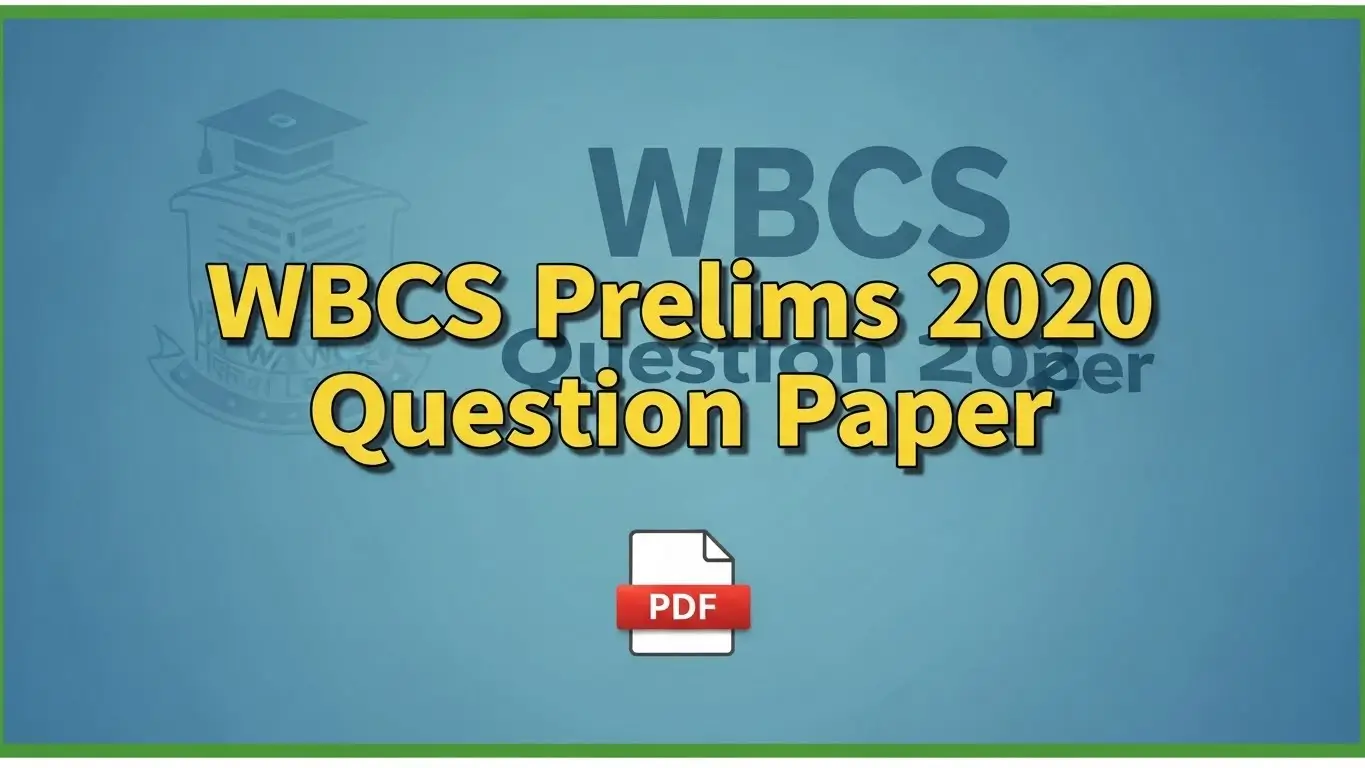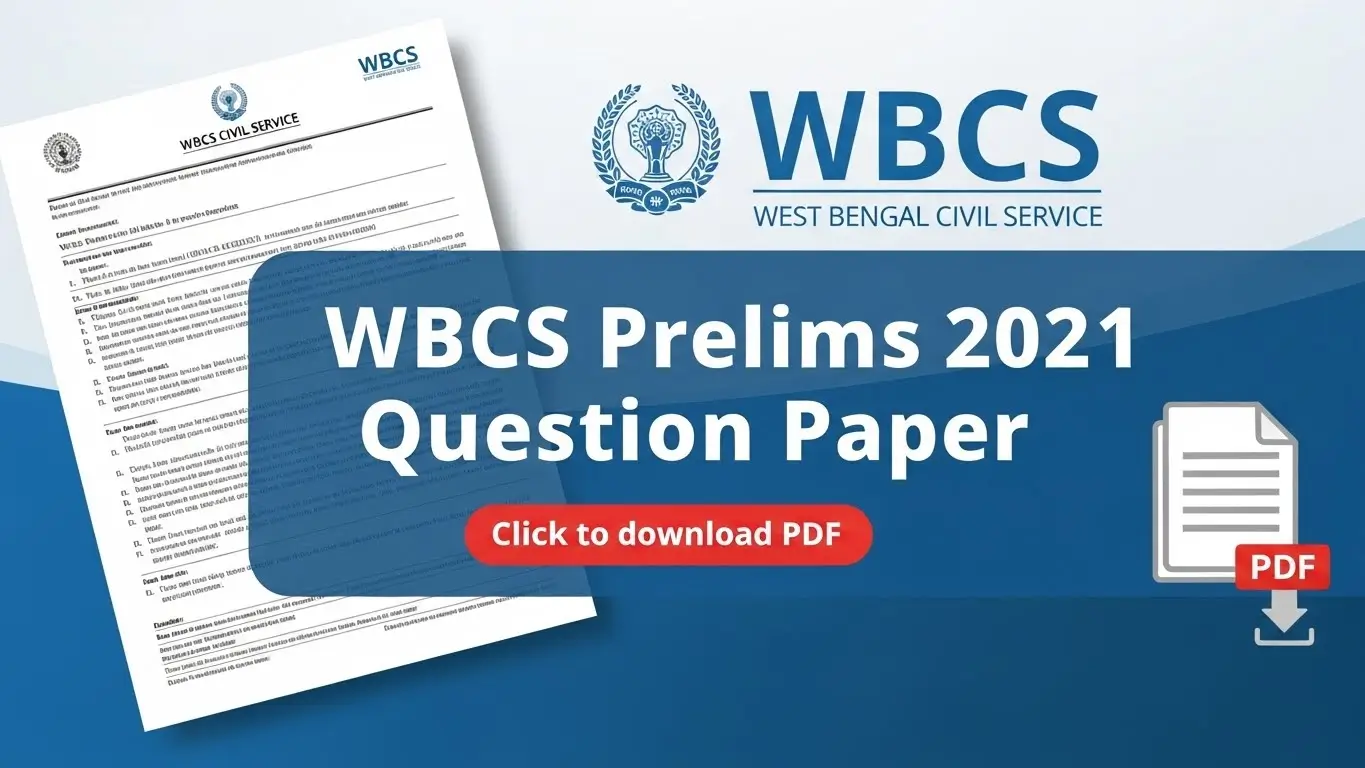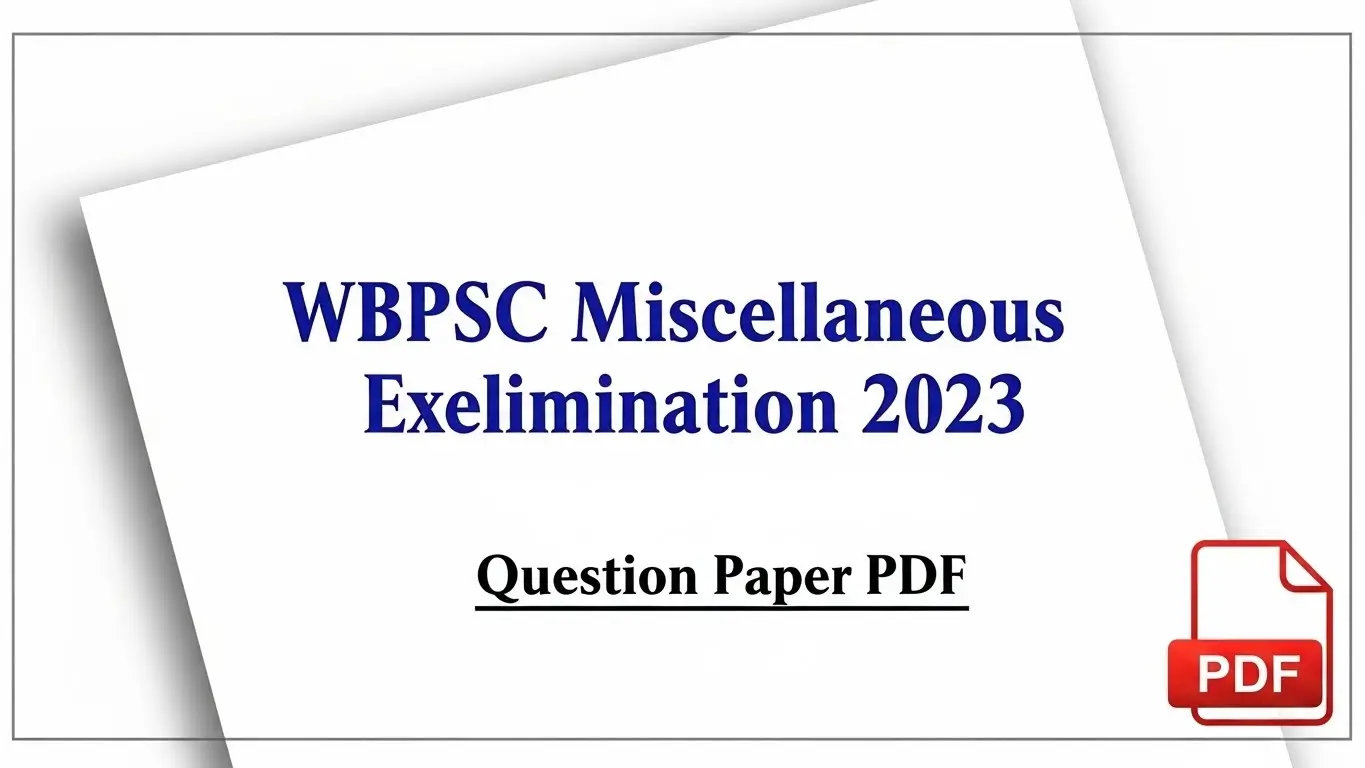Explore the most important Standard Units of Measurement GK Questions with Answers for exam preparation. From SI units to derived units, every concept is explained with examples to strengthen your physics knowledge. Practice these solved questions on standard units of measurement to boost accuracy and confidence in competitive exams.
Important Standard Units of Measurement GK Questions for Competitive Exams:-
Q1) Which of the following is the SI unit of force?
a) Newton
b) Joule
c) Pascal
d) Watt
Explanation: Force is defined as mass × acceleration. Its SI unit is Newton (N), which is equal to 1 kg•m/s². Joule is the unit of work/energy, Pascal is pressure, and Watt is power. Remember Newton comes from Newton’s second law of motion.
Q2) The SI unit of pressure is:
a) Pascal
b) Torr
c) Bar
d) Newton
Explanation: Pressure = Force/Area. SI unit is Pascal (Pa) = N/m². Other units like bar (1 bar = 10⁵ Pa) and torr (1 atm = 760 torr) are non-SI but commonly used. Pascal is universally accepted in physics and engineering.
Q3) Which of the following is a derived unit?
a) Meter
b) Kilogram
c) Second
d) Joule
Explanation: Derived units are formed from fundamental units. Joule = Newton × meter = kg•m²/s², hence derived. Meter, kilogram, and second are fundamental units in SI system. Always distinguish base from derived.
Q4) The SI unit of energy is:
a) Watt
b) Joule
c) Erg
d) Newton
Explanation: Energy or work = Force × displacement. SI unit = Joule (J) = kg•m²/s². Erg is a CGS unit (1 J = 10⁷ erg). Watt is power, Newton is force. Energy is always measured in Joules in SI.
Q5) Which of the following physical quantities has unit Watt?
a) Energy
b) Power
c) Work
d) Force
Explanation: Power is the rate of doing work or energy transfer per unit time. SI unit is Watt (W) = Joule/second. Work and energy use Joule, force uses Newton.
Q6) The unit of electric charge is:
a) Volt
b) Ampere
c) Coulomb
d) Ohm
Explanation: Charge (Q) = Current (I) × Time (t). SI unit = Coulomb (C). 1 C = charge transported by a current of 1 A in 1 second. Volt is potential, Ampere is current, Ohm is resistance.
Q7) The SI unit of frequency is:
a) Decibel
b) Hertz
c) Radian
d) Second
Explanation: Frequency is number of oscillations per second. SI unit is Hertz (Hz) = cycles per second. Radian is angle, decibel measures sound intensity, second is time.
Q8) Which of the following is a dimensionless quantity?
a) Strain
b) Velocity
c) Force
d) Pressure
Explanation: Strain = change in length/original length. Both numerator and denominator have same unit, hence no unit and dimensionless. Velocity, force, and pressure have defined SI units.
Q9) The SI unit of power is equivalent to:
a) Joule/second
b) Joule × second
c) Newton × second
d) Newton/meter
Explanation: Power = Work/Time = Joule/second. 1 W = 1 J/s. Joule × second is Planck’s constant unit, Newton × second is momentum, Newton/meter relates to spring constant.
Q10) The SI unit of electric potential difference is:
a) Watt
b) Volt
c) Ampere
d) Ohm
Explanation: Potential difference = Work done per unit charge. SI unit = Volt (V). 1 V = 1 J/C. Watt is power, Ampere is current, Ohm is resistance.
In conclusion, mastering the standard units of measurement is essential for physics and competitive exams. These GK questions will not only help you revise key concepts but also prepare you to answer exam questions quickly and accurately. Keep practicing more Physics GK questions to secure success in upcoming exams.
* For more GK Questions and Exam Preparation Content, follow and subscribe to our YouTube Channel :GK Practice- Subscribe Now







